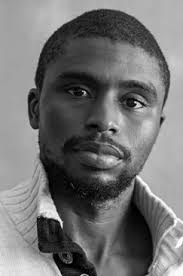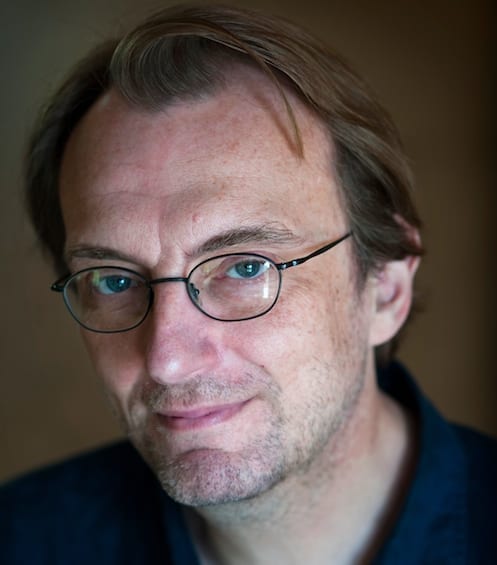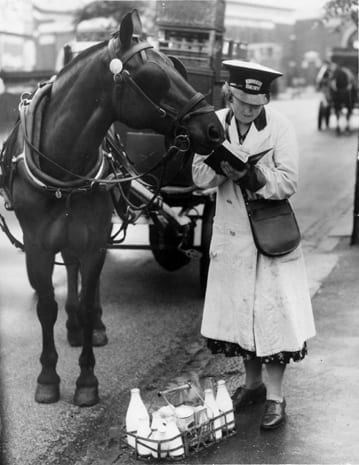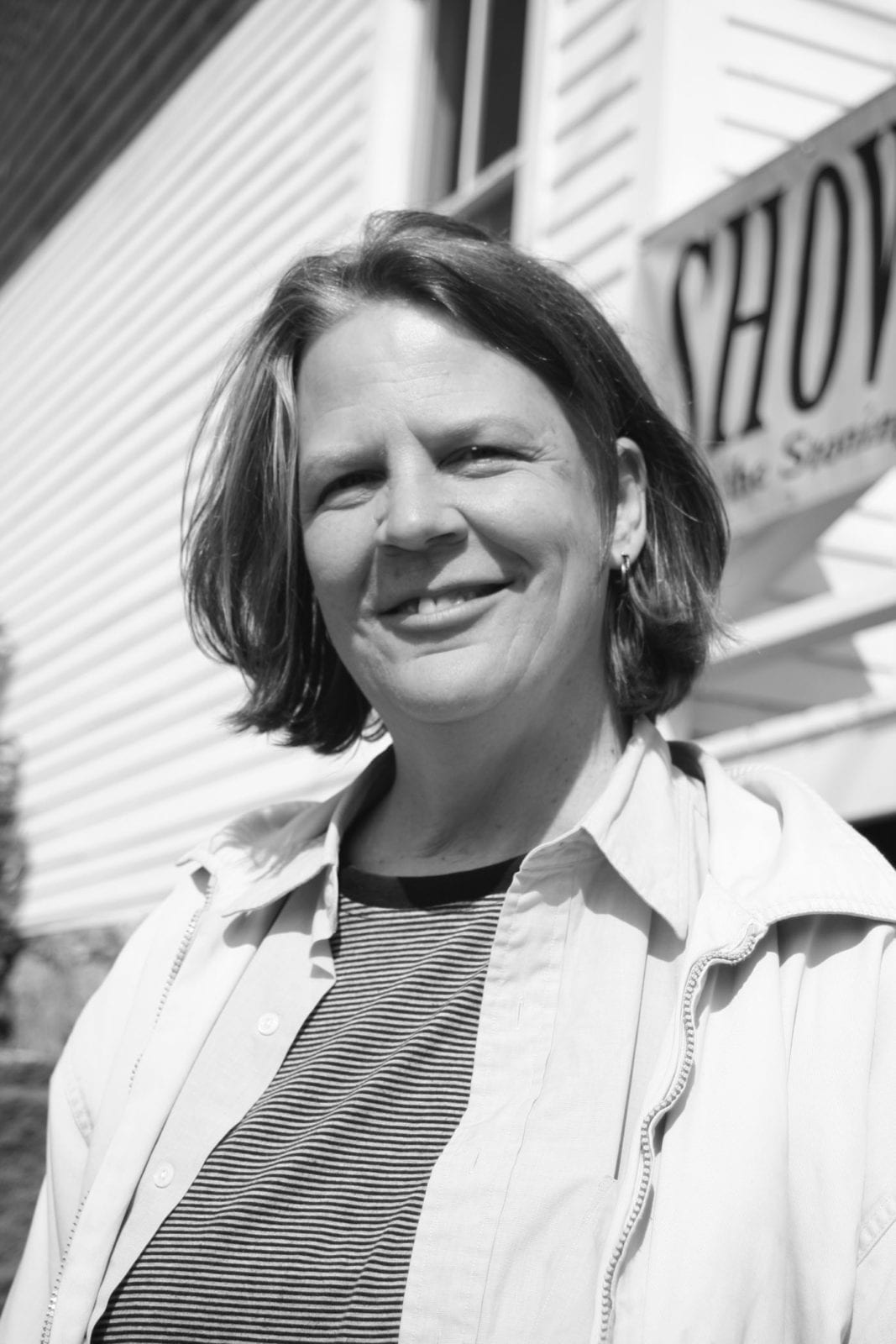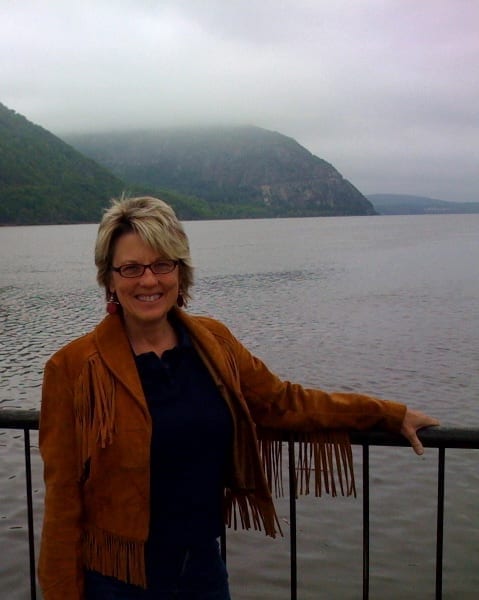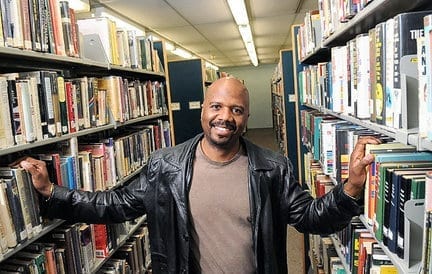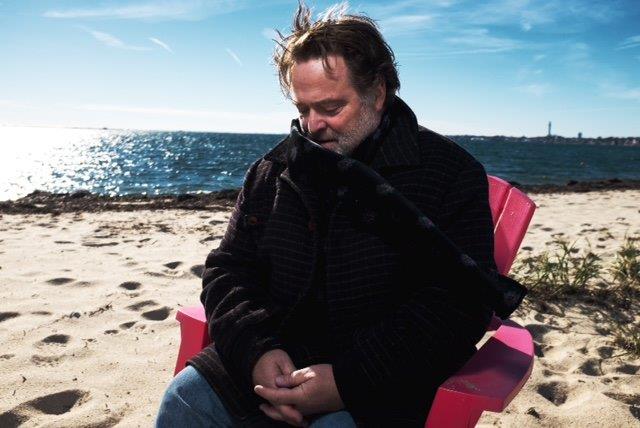Goddard MFAW faculty Bhanu Kapil: It’s the last day: December 31, 2016. The year of shit and magic has, in other words, almost come to an end.
Category: Thoughts and Musings
America Isn’t (and Wasn’t) Great. What Now?
Jan Clausen, Goddard MFAW faculty: Using the hashtag #writersresist, a group founded by poet Erin Belieu of VIDA has called for writers to come together and defend “[the] most basic principles of freedom and justice for all.”
Writ in Air
Goddard MFAW Faculty Keenan Norris: While life still goes on as unpredictably as ever, the sabbatical itself is proving to be the perfect vehicle for productivity. It’s the safest means of going off the grid that I think exists outside of utilizing all that trust fund money I don’t have and selling my majority share in that wildly successful company of mine that doesn’t exist. In all seriousness, I feel really privileged to have this time away from teaching to write, to read, to explore some new creative directions for my work and to assess and re-develop my teaching strategies.
On Giving Thanks
Goddard College MFAW faculty Richard Panek: When I think about giving thanks, I don’t think about what or whom I’m thanking. The feeling is more a sense of general gratitude, even relief; it’s a reminder to myself to be aware of what’s good—an exercise that has become more poignant in recent days.
Ferrante, A Milkman, A Flying Nun, A Journalist
Goddard College MFAW Director Elena Georgiou on Elena Ferrante and what it means for a writer to answer the question, “Who are you?”
Election Anxiety
Goddard MFAW faculty Susan Kim: I saw a cartoon on Facebook last week of Bart Simpson by his usual blackboard. Only this time, he has written “I will not compulsively check FiveThirtyEight.com” over and over.
The New American Story Project
Goddard MFA in Creative Writing faculty member Micheline Aharonian Marcom, along with four other artists and writers, for the past year and a half has been working on The New American Story Project, a digital oral history project recording the stories of children who have fled violence in Central America and have come to the United States as refugees. JoAnne Tompkins, a current student in the Goddard MFA in Writing Program in Port Townsend, WA, interviews Aharonian Marcom about The New American Story Project.
The Seep, October 8-20, 2016
Goddard MFAW faculty Beatrix Gates: There’s a drought here in Maine, and lately I’ve been studying a seep in the backfield. A seep is a moist or wet place where water, usually groundwater, reaches the earth’s surface from an underground aquifer and pools in a depression. A seep will be found quickly by wildlife and bring new birds and animals to the area. There is every sign that’s true.
White Girl Migration
After graduate school, I joined a migration of writers to New York. My homeland was Skokie, a suburb outside Chicago, where our mostly old neighbors had just survived the holocaust and I could walk all by myself to their houses to play cards with them. We lived in identical small ranch houses, mine distinguished by being a place where adults spelled out the word “divorce” over my head like profanity and always in relation to other people. There was dinner every night, breakfast every morning, cocktails and television, piano lessons, BBQs on the patio, a set of World Book Encyclopedias and 12 novels, one of which was Gore Vidal’s MYRA BRECKINRIDGE, which I read on the sly when I was 12.
Oscar Wilde’s Wild Letter
GoddardMFAW faculty member Victoria Nelson on Oscar Wilde: Unbidden, a voice rose inside me: Oscar, get over it… How honest are we writers when we deliver our version of a real-life story in our memoirs and autobiographical fiction? Do we tell the hard truth about ourselves as well as the other guy? Or do we, every now and then, use our art to justify ourselves and settle scores–we poor victims with better words?
Once upon a time… in Connecticut
Goddard MFAW faculty Aimee Liu: Once upon a time, the story begins… and instantly we are transported. Those four simple words cast a spell around the world, with translations in virtually every language promising a journey to a “time” that is also a place, like a magic carpet or hidden castle that we “once” might have come “upon” in another life.
On H.G. Wells
Goddard MFAW faculty John McManus: I’m thinking this morning of Herbert George Wells, the science-fiction writer and prophetic humanist born 150 years ago this week.
Child’s Play
Kyle Bass, Goddard MFAW faculty: Like the tikes who showed up again and again in my stories, I preferred the company and troubles of adults. It appears my child-self fits a psychological profile for what I’ve become.
Book People
Goddard MFAW faculty Michael Klein: Apparently, E.L. Doctorow once taught a course that only had one book on the syllabus. The class read the one book and decided from there what the next book should be. If it was Jane Eyre, somebody might then suggest The Wide Sargasso Sea, which was a prequel and written by another writer at a completely different time. Perhaps, reading both books would give a person a rounder sense of the world created by both sets of characters.
How I Learned to Stop Worrying and Love the F-Bomb: A Young Adult Author vs. the Four-Letter Word
Goddard College MFAW faculty Sherri L. Smith on using the F-Bomb: If Sales is saying it, not changing the line could mean no sales! I could single-handedly obliterate the success of my book by dropping an f-bomb!!!
Elvis, Noh, and Patience
Goddard College MFAW faculty member Deborah Brevoort: Tonight I will finally get to see a production of my MFA thesis play, a Noh drama about Elvis Presley titled Blue Moon Over Memphis. I have waited 23 years for this day.
The Cathedral and the Yurt
Goddard College MFAW-VT faculty member Jan Clausen: “I get it. I keep trying to build cathedrals when I should be building yurts.” This comment from an advisee, about her struggle to get annotations down to more manageable dimensions, has stuck with me for years as a witty image for one of the perennial dilemmas of critical writing.
Laughs (Or Lack Of…)
Goddard MFAW faculty member Rogelio Martinez on writing comedy: “I place laughs in a play to carefully track the play’s relationship with the audience. If a laugh fails to land then there may be several reasons why. It may be the acting or the directing, but usually it’s the writing. It has little to do with the laugh itself but with those things surrounding the laugh – plot, characters, obstacles, etc. In other words, it’s not whether the joke is funny or not but whether the audience has been paying attention to the play.”
Parle français? Read English? ¿Una palabra a la vez? Oy.
When my younger son was in high school, my wife and I realized we would need to hire a tutor for his French class. Sometimes I would overhear their lesson, and I would think: He’s hopeless. I didn’t mean that word in a critical or disapproving way. If anything, I invoked it out of empathy. I had… Continue reading Parle français? Read English? ¿Una palabra a la vez? Oy.
Body Language
Goddard MFA Faculty member Susan Kim writes, “When I discovered that the residency theme was “Body, Language” and that I was expected to deliver a keynote, I grew despondent. Maybe what I really was, was overwhelmed. Because let’s face it: anything with “body” in it is one hefty mother of a subject. Writing outside of the body is difficult…and risky. We risk getting it wrong. We risk looking really stupid. And we certainly risk offending, often the same readers we are trying to reach.


